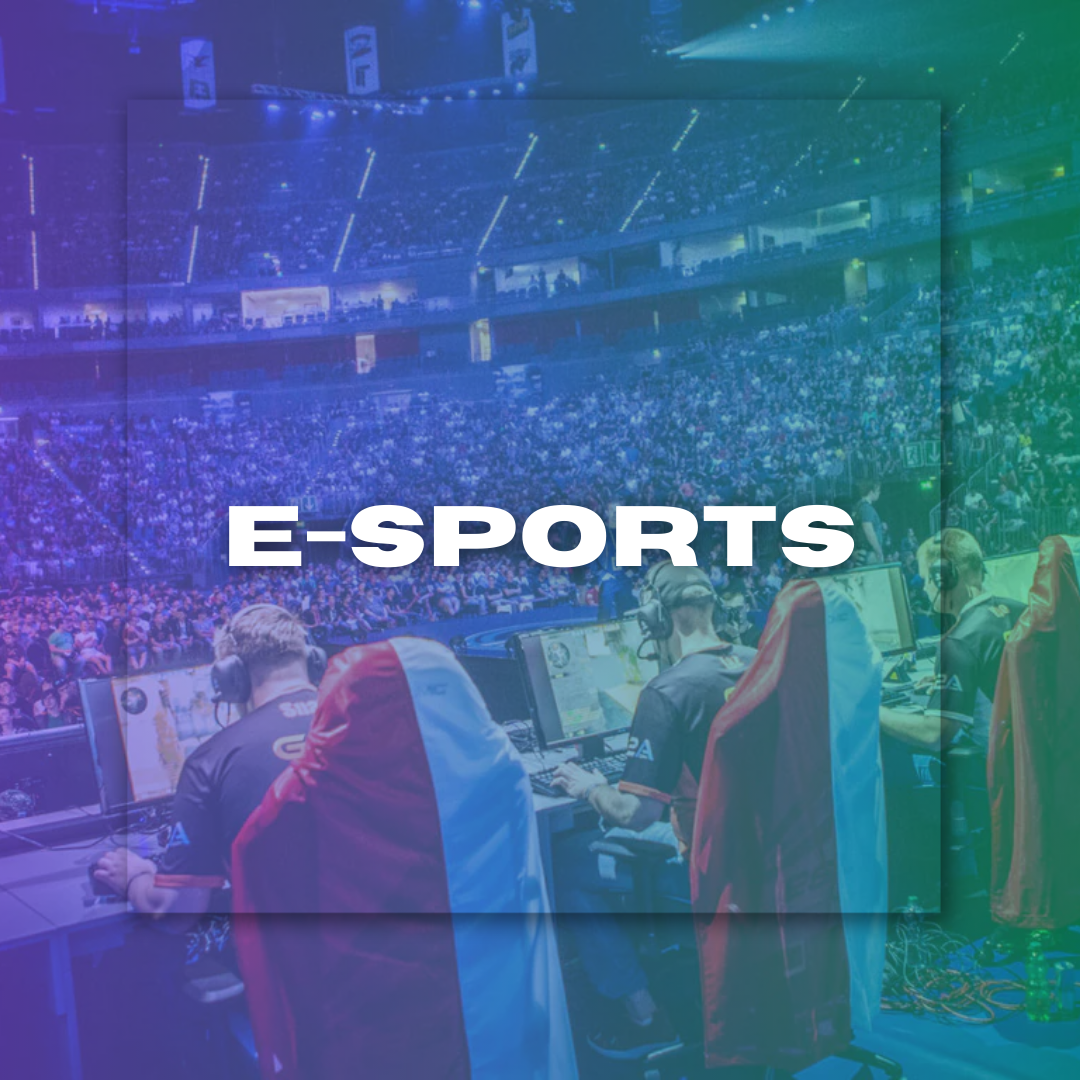
The Role of Agents in Sports: Ethical Dilemmas and Conflicts
The Role of Agents in Sports: Ethical Dilemmas and Conflicts
By Arslan Saleem August 08, 2024 02:38
Sports agents are important figures in the professional sports community, liaising between athletes and stakeholders like teams, sponsors, and media. They serve an essential function that can greatly benefit or negatively impact a player's career but are faced with multiple ethical dilemmas and potential conflicts of interest. This article will explore what the role of a sports agent is, some ethical dilemmas that they face, and real case studies to back it up, as well as suggestions on how this field can fight off their bad name by keeping or regaining a good reputation in base with playing fair.
Sports Agents: What They Do and Understanding Their Role
Representation and Advocacy
Sports agents are primarily responsible for representing athletes and promoting their best interests within the confines of specific teams and with other groups. Interns have the following responsibilities:
Contract Negotiations: Teams and agents negotiate players' contracts to give their clients fair money ranks or contributions, including market trends, player performance metrics, and team budgets to obtain maximum client value.
Endorsement Deals: Agents are also responsible for securing endorsement deals, which can substantially boost an athlete's earnings. This includes managing contract negotiations with brands, orchestrating all PR, and vetting endorsements to ensure they fit within the athlete's personal brand and values.
Career Guidance: Athletes rely on their agent and agency to provide career advice beyond financial negotiations.
Legal and Financial Services: Agents also provide their clients with various legal support services; agents offer tax advice, investment strategies, and estate planning to ensure that athletes are financially prepared upon retirement.
Range of Services Provided
These efforts of sports agents are not just limited to contract negotiation. They often include:
PR Management: Agents help manage their clients' perceptions of the public. Leagues closely monitor media interactions and social media presence as stars make a name for themselves.
Crisis Management: When controversies or scandals go viral, agents assist in making crises less volatile and advising athletes on public statements and media engagements
Networking: Agents use industry contacts to open doors for their talent, from sponsorships and commercial opportunities to career progression.
Conflicts of Interest
One of the more important ethical dilemmas for sports agents is the potential conflict between their financial interests and what's best for clients. These may develop through several conflicts:
Money: Agents get a percentage of your money in perpetuity, which could mean that those incentives for an agent are not always aligned with your best interests and your goals governing it from season to season.
Dual Agency: Agents deal with lots of clients and can have multiple in a similar case, which can make you believe they are working against your interest by making claims for another client. For example, an agent representing two athletes both vying for a job but in the same position might have to choose which client gets it.
Transparency and Disclosure
There should be more transparency in our relationship between agent and athlete. Agents who do not disclosure what they should know when ethical dilemmas occur, such as;
Terms of Contracts: Agents are required to disclose all contract terms negotiated and whether any clauses in the agreement could limit future opportunities for an athlete.
Endorsement deals: Agents should be forthright about their potential endorsement-related conflicts, like whether they have brand partnerships that might bias what brands of gear the agent recommends.
How to Maintain Ethicality
The best practices for sports agents to follow in reducing potential conflicts of interest and keeping the trust with a client include:
Attending to Conflicts of Interest
Open Communication: Agents need to have open lines of communication with their clients, especially ensuring that athletes understand the contract terms they are signing.
Avoid Dual Representation: To maintain selectional loyalty and trust, agents should not represent two competing athletes in opposing bargaining negotiations.
Disclosure of Compensation: Agents must disclose all compensation to the agent related directly or indirectly to endorsements, deals, and sponsorships.
Regulation Expansion Proposals
Licensing and Certification: A licensing process for sports agents would ensure that only legitimate professionals represent athletes, consequently lessening misbehavior in the industry.
Ethics training: Ongoing ethics training for your agents can assist them in dealing with tricky situations and reinforce their commitment to putting clients' interests first.
Create Oversight Committees: Creating independent oversight committees to investigate agents' practices and complaints against them can promote more professional accountability.
Sports agents are critical to athletes' careers but present many ethical dilemmas and conflicts of interest. Knowing what they are responsible for, identifying potential ethical dilemmas, and applying best practices can help agents maintain the reputation of their occupation with an emphasis on promoting clients' well-being. Maintaining allegiance to ethical standards will remain paramount in creating accountability and ultimately setting athletes and agents up for a long-term success mindset.
LATEST
- NEWS
- |
- ARTICLES
- |
- VIDEOS






















































































